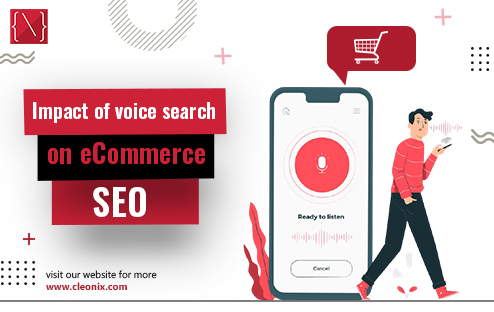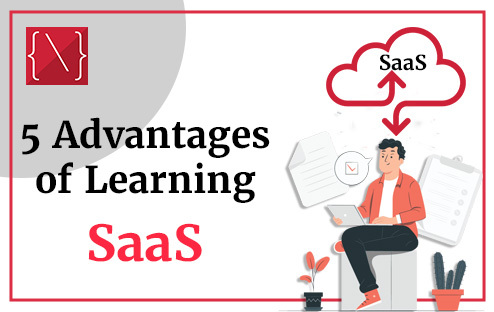Impact of voice search on eCommerce SEO
In the ever-evolving landscape of digital marketing, staying ahead of the curve is essential for businesses looking to maintain and enhance their online presence. One of the latest trends reshaping the way consumers interact with the internet is the rise of voice search. As voice-enabled devices like smart speakers and virtual assistants become increasingly popular, their impact on various aspects of online business, particularly eCommerce SEO, cannot be ignored.
The Evolution of Search
Traditional methods of searching, such as typing queries into a search engine, are being complemented and, in some cases, replaced by voice search. The convenience and efficiency of asking a question aloud instead of typing have led to a surge in the adoption of voice-activated devices. Virtual assistants like Amazon’s Alexa, Apple’s Siri, Google Assistant, and Microsoft’s Cortana have become integral parts of people’s daily lives, transforming the way they gather information and make purchasing decisions.
Changing Search Queries
Voice searches tend to differ significantly from text-based searches. When typing a query, users often use concise phrases or keywords, while voice searches tend to be more conversational and natural. For instance, someone might type “best smartphones 2023,” but in a voice search, they might ask, “What are the top-rated smartphones of 2023?” This shift in search behavior has profound implications for eCommerce businesses aiming to optimize their content for search engines.
Long-Tail Keywords Gain Prominence
With the shift towards more conversational queries, the importance of long-tail keywords has increased. These are specific, detailed phrases that users are more likely to use in voice searches. Businesses must adapt their SEO strategies to incorporate these longer, more natural phrases to ensure their products and services are discoverable in voice search results.
Local SEO and Mobile Optimization
Voice searches are often location-specific, with users asking questions like “Where is the nearest electronics store?” This emphasizes the need for robust local SEO strategies for eCommerce businesses. Ensuring that your business’s information is accurate and up-to-date on platforms like Google My Business is crucial for capturing local voice search traffic.
Additionally, mobile optimization plays a significant role, as many voice searches occur on mobile devices. A seamless and mobile-friendly website becomes even more critical to providing a positive user experience and ranking well in voice search results.
The Rise of Featured Snippets
Voice search results are often drawn from featured snippets – concise, information-packed answers that appear at the top of search engine results. Structuring content to provide clear, concise answers to common questions related to your products or services increases the likelihood of your content being featured in voice search results, thereby boosting your visibility and credibility.
Conversational Content is Key
To align with the more conversational nature of voice searches, eCommerce websites need to create content that feels natural when spoken aloud. This involves not only integrating long-tail keywords but also adopting a tone that mimics how people ask questions in real-life conversations. User-friendly, conversational content enhances the overall user experience and increases the chances of being favored by voice search algorithms.
Optimizing Product Information for Voice Search
As voice searches become more prevalent in eCommerce, it’s crucial to optimize product information for this shift in user behavior. This includes creating detailed product descriptions using natural language, incorporating relevant long-tail keywords, and ensuring that your product information is easily digestible for voice-activated devices.
The Future of eCommerce SEO
The impact of voice search on eCommerce SEO is undeniable, and businesses that embrace and adapt to this change will undoubtedly have a competitive advantage. Staying informed about emerging trends, understanding evolving consumer behavior, and continuously optimizing online content for voice search are key strategies for eCommerce success in this dynamic digital landscape.
In conclusion, as voice search continues to reshape the digital landscape, eCommerce businesses must evolve their SEO strategies to remain visible and competitive. By understanding the changing nature of search queries, focusing on local SEO, optimizing for mobile devices, and creating conversational content, businesses can position themselves to thrive in the era of voice-activated search. Embracing these changes today will not only enhance current SEO efforts but also future-proof online businesses in the evolving world of eCommerce.
ALSO READ: Role of UX Design in eCommerce Website DevelopmentRead more
 AJ 14, Salt Lake, Sector 2, Kolkata - 700091 |
AJ 14, Salt Lake, Sector 2, Kolkata - 700091 |  743 Virginia Ave NE Atlanta, GA 30306
743 Virginia Ave NE Atlanta, GA 30306

